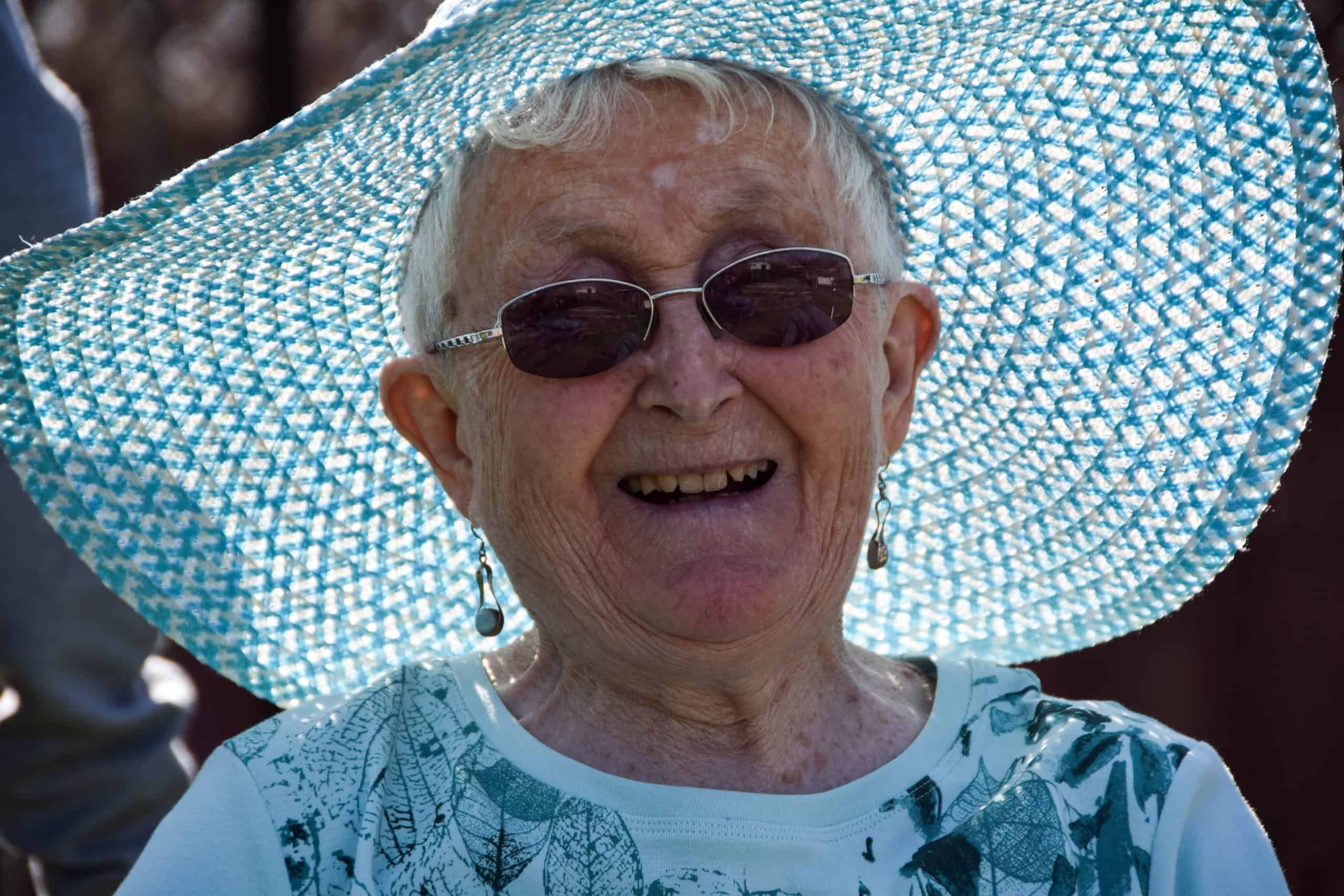Healthy Skin Care Tips For An Elderly Loved One That Help Reduce Dryness
Pegasus skilled in-home caregivers in Rosemead and elsewhere know that looking good is part of feeling good. Many of their senior clientele want to know how to make their skin look better. Our career home health care nurses suggest these healthy skincare tips for an elderly loved one.
Many people don’t think of skin as an organ, but that’s what it is. It is also the body’s largest organ. Skin shields the body from everything outside it.
Skin isn’t the same everywhere on the body. Some parts have thinner skin than other sites do. All skin, however, consists of three layers, as follows:
- Epidermis – top layer. The toughest layer, which includes keratin, keeps the skin from drying out. It contains the pigments that give skin its color. New cells constantly replace epidermal cells.
- Dermis – middle layer. It’s where the sweat glands, oil glands, hair follicles, nerves, blood vessels, and collagen are located. Collagen provides strength and flexibility.
- Hypodermis – bottom layer. It’s also known as subcutaneous fat. The fat insulates the body from extreme temperatures and provides padding against injuries.
Aging affects all three layers.
How Aging Affects Skin
As the years accumulate, skin becomes thinner. It no longer holds moisture efficiently. The ability of the epidermis to repair itself is slowed.
The blood supply in the dermis is impaired. The production of collagen decreases. Without collagen to keep it in place, skin sags, and wrinkles.
Fewer fat cells in the hypodermic means that skin looks less full. It also leaves skin loose and subject to more sagging and wrinkling. Cushioning is lost, leaving the skin more susceptible to injury.
Sunshine, Smoking, And Stress Ruin Skin
Few things age skin faster than the sun. Brief periods of sunshine are beneficial, especially for getting enough Vitamin D naturally. It’s excessive exposure that’s a problem.
Too much of a good thing, like sunshine, damage all parts of the body. Protection is highly recommended for young and old. Encourage your senior clientele to:
- Always wear a wide-brimmed hat, clothing that covers their limbs, and sunglasses outside.
- Avoid tanning beds.
- Stay out of the sun between 10:00 a.m. and 4:00 p.m.
- Use sunscreen with the highest SPF rating they can buy.
Sunscreens usually need to be applied half an hour before they go outside.
Your patients that smoke has likely been lectured dozens of times about how it harms their health. You may be able to appeal to their vanity by pointing out what it does to their skin. Smoking:
- Causes baggy and sagging skin
- Dries and coarsens skin
- Increases wrinkling and skin furrows
- Makes their facial blood vessels protrude
- Turns skin color grayish or yellowish
Help them get enrolled in a smoking cessation program.
Another factor in maintaining healthy skin is keeping stress levels low. Your patients may have worries about finances, health, family, among other concerns. Chronic or excessive stress can create sensitive skin.
It also weakens their immune system and harms their physical and mental health. They probably know this and worry anyway. Present stress management techniques as a way to maintain the appearance of their skin.
Keeping Skin Moisturized Is Essential
Skin dries as people age. That makes preserving natural moisture crucial. They can start by taking brief showers–less than ten minutes–in warm, not hot water. Gentle soaps or body washes are best.
As soon as they are out of the shower or tub, they should apply moisturizer. They may need one kind for their body and a different type for their face. Suggest that they use moisturizers that include ingredients such as:
- Dimethicone – helps seal moisture in
- Glycerin – helps attract moisture to hydrate skin
- Hyaluronic acid – hydrates and heals skin
- Mineral oil – reduces moisture loss and softens skin
They can choose from creams, lotions, or ointments. If the air inside the home is dry, suggest that they use a humidifier.
Exfoliants help remove dead skin cells. Dozens of OTC products are available. Seniors should choose gentle formulas and use them periodically rather than daily.
Diet might not come to mind immediately when thinking about skincare. But how individuals look is affected by what they eat. Essentially, the foods that are good for their health are good for their skin.
That includes fruits and vegetables and excludes sugar and saturated fats. Poor food choices contribute to dryness and wrinkles. Remind seniors to drink plenty of water to help keep their skin hydrated.
Some individuals apply retinol, which is most effective if use is started when they’re young. It increases collagen and thereby reduces wrinkles and lines. The skin develops a glow.
Retinol is available OTC and by prescription. If your patient has severe skin problems, refer them to a dermatologist for an evaluation and prescription. If they buy an OTC product, ensure that it is compatible with any medicines they are taking.
Pegasus is a licensed Home Care Organization and a Joint Commission Accredited Home Health Care organization. Our healthcare professionals in Rosemead and our other locations offer all levels of assistance, including skincare. In-home health care nurses who choose careers with us are dedicated to customized service that fits individual needs.

